Why buying used CPAP machines might be a bad idea
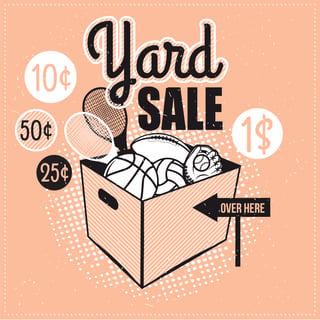 Individual patients with obstructive sleep apnea (OSA) are also healthcare consumers who consider purchasing options when it comes to medical supplies.
Individual patients with obstructive sleep apnea (OSA) are also healthcare consumers who consider purchasing options when it comes to medical supplies.
You may have wondered, just as they have: What about buying used equipment? Or borrowing it?
Why might someone buy or borrow used CPAP equipment?
The main reason why people might opt out of buying brand-new equipment intended for continuous positive airway pressure (CPAP) therapy, is to save money.
It’s certainly true that a new sleep apnea device can be expensive. This illustrates the rise in the online resale of used “sleep apnea machines” through eBay and Craigslist.
A used CPAP machine seems, initially, like a harmless way to reduce one’s out-of-pocket medical costs. It's equally appealing to see a used CPAP machine for sale at a garage sale and think it's probably okay to buy.
But there’s plenty of good reasons to avoid that "garage sale CPAP" and the allure of lower prices that come with used CPAP machines.
What do you actually get when you buy a used CPAP machine? 
Check out the risks of choosing used CPAP devices:
Safety risks of used CPAP
Put simply: Used medical equipment, including CPAP supplies and machines, has already been contaminated by another person’s use.
Any harmful substance still inside came from their lungs and mouth, or their surroundings, every time they used it.
Given that CPAP machines are warm, moist environments, they provide the perfect breeding ground for hosting pathogens like yeast, mold, bacteria, viruses, and mildew. They also have small nooks and crannies where tiny household pests can hide and lay eggs.
In hospitals, pasteurization of equipment in a highly regulated and controlled environment makes it safe for reuse. However, at home, this is a different matter. With brand-new machines, one still must be vigilant about keeping them clean, even when the germs are all yours. However, if you buy a used CPAP machine, how can you know it was maintained meticulously by the previous owner? Is it worth the gamble?
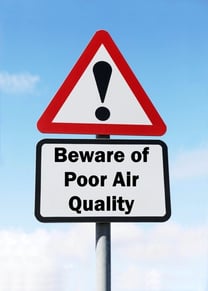 Any of the following might happen if you use a previously owned CPAP machine that has not been properly maintained and sterilized:
Any of the following might happen if you use a previously owned CPAP machine that has not been properly maintained and sterilized:
-
Respiratory infections (both viral and bacterial)
-
Infections in other parts of the body
-
Pneumonia
-
Tuberculosis
-
Bronchitis
-
Parasites
-
Bedbugs or cockroaches (if the CPAP machine was previously used in an infested area)
What’s more, even if the previous user cleaned their machine regularly and kept their household dusted and vacuumed, and didn't have pets that might have interacted with the machine... they still might have used alcohol, perfumed soaps, or bleach that could irritate your lungs and make you sick.
If that’s not bad enough, what about the hygienic handling of the used CPAP machine and supplies from the sales warehouse? How sterile are those conditions, and what kinds of irritants, pollutants, or pathogens hitched a ride on your used equipment’s trip to your house from the point of purchase?
Warranty and replacement issues: a risky investment
If you buy 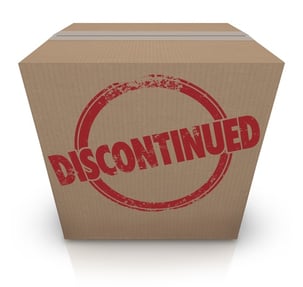 a “like new” machine that is older, it may have already been replaced by a newer model. The older model’s replacement parts and disposable filters may no longer be available. If you can’t replace a key part of your CPAP setup, it won’t work.
a “like new” machine that is older, it may have already been replaced by a newer model. The older model’s replacement parts and disposable filters may no longer be available. If you can’t replace a key part of your CPAP setup, it won’t work.
Buyer Beware: Just as with used cars or other mechanical items, you get what you pay for. Used products don’t have guarantees of functionality and their warranties are void. Warranties are also voided if you or an unlicensed used CPAP sales company tamper with your device.
You could buy a used CPAP machine for half the price of a new one today, and it could work one night, then malfunction, and you would not be able to return it or repair it. You may end up spending more than double the initial cost in new durable medical equipment by trying to find discounts.
Compromised ability for sleep specialists to check results and troubleshoot problems
Chances are, your used machine doesn 't have the up-to-date apnea software and hardware necessary for your DME and sleep specialist to track your results.
't have the up-to-date apnea software and hardware necessary for your DME and sleep specialist to track your results.
These features are critical to measuring the effectiveness of your therapy and your compliance success rate, which is important to insurers and Medicare.
If you aren't showing improvement and your doctor cannot track your usage to determine why, you could run up against obstacles not only with your treatment, but with insurance issues down the road.
What's more, a CPAP machine with incorrectly set pressures can do more damage than good.
Doctors can’t help you if you don’t follow their orders. If they have a specific type of equipment they use, it will require a specific patient interface that you won't have if you use a machine they don't prescribe.
Also, a practical concern: companies willing to sell you used machines without a prescription will not preset your pressure settings for you. Will you be able to do so? If not, what then?
Using medical equipment can be complicated. Your CPAP settings should be unique to your needs. One size does not fit all.
If you buy your equipment used, you lose the benefit of the service agreements that DMEs or manufacturers can provide, should problems arise. With used equipment, you're on your own.
Absence of key comfort and technology features
When you buy a used machine, it’s probably going to be last year’s model (or even older). The older machines do not have features that, today, are considered required for comfort and effectiveness, such as a CPAP humidifier, ramp features, or digital software built in to track your results.
The features are built into new machines because of proven research that shows they make using CPAP more tolerable and provide a more accurate portrayal of your therapy compliance and success.
If you decide to buy a used machine that’s out of date and missing certain features you need, such as the humidification chamber and heated tubing, you are not going to get a lot of support from your doctor when your outcomes are unimproved or worsened because you decided to discount your therapy.
Remember, PAP therapy is a “prescription,” just like a drug is a prescription. Your doctor prescribed it because it's the best option they can recommend for you.
Used CPAP machines: a reality check
 In the US, it is illegal to sell a CPAP machine without a prescription.
In the US, it is illegal to sell a CPAP machine without a prescription.
The FDA sets up regulations like these to prevent unsafe, “black market” practices when it comes to consumer purchases of durable medical equipment. This is a protection for you, the consumer.
Online auction websites no longer offer CPAP machines because of these FDA regulations. CPAP machine are now only sold by licensed providers, and they can only provide CPAP machines to those presenting valid medical prescriptions written by qualified health professionals.
Federal law categorizes CPAP devices as Class II, meaning they require a prescription for distribution. Class II is assigned based on risk assessment and regulatory controls established by the FDA to provide a reasonable assurance of safety and effectiveness.
Doing your CPAP “DIY” can be dangerous. Other problems with self-treatment include buying used machines that deliver a different PAP system than what was prescribed. Some patients will turn to the Internet to buy a different device to "outsmart" their doctors, only to discover the therapy they thought would be better for then is actually more dangerous and harmful to their health.
The Apnea Board issued this policy statement in their forum which bears consideration: “We advocate patient empowerment and patient involvement, but we do not advocate that patients avoid professional medical help.”
The Benefits of Buying New
A new CPAP machine, and new supplies, may be more expensive, but certainly the cost of acquired infections from using previously used equipment, as well as voided warranties and the absence of service agreements, can exact a much higher toll on both your health and your wallet.
New CPAP machines: features
Most long-time users can’t wait to get new machines because they are:
-
nearly silent
-
equipped with humidification chambers
-
outfitted with heated tubing to prevent rainout problems
-
smaller and lightweight enough for travel
-
smarter, thanks to technologies that offer pressure support, ramp features, digital tracking software, and comfort measures like C-Flex
-
easier to keep clean and maintain than older models
-
sterile when you receive them
What about CPAP accessories?
New CPAP masks are the only sanitary CPAP masks. Never wear a used CPAP mask borrowed from someone else or bought online. The chances are high it is contaminated with all sorts of pathogens. Even if it is sterile, it may not fit and it's well known that mask fit is key to CPAP user success.
This rule applies to CPAP headgear, chin supports, and tubing as well. The only sterile products are those that have not been worn or used previously. Period.
CPAP filtration usually involves a two-filter system: one is built into your machine and the other consists of replaceable filters. Even if you can replace the disposable filters in a used machine, the filter built into the machine has the potential to be a breeding ground for unseen microorganisms.
If you are concerned about the cost of CPAP and CPAP supplies...
How frequently you need to pay for new masks, refills of disposable filters, or replacement parts is typically outlined in your insurance fee schedule.
You can usually have your doctor’s DME help you sort out the fees before purchasing, so you will have a clear idea what you will actually have to pay for.
Payment plans and affordable equipment for those with proven economic hardship can also be utilized. Talk to your doctor, local hospital system, or sleep apnea support group about organizations which can provide CPAP equipment for those in need.
The American Sleep Apnea Association has a CPAP assistance program (CAP) which can also unite users with the PAP therapy they need.
A word about borrowing CPAP
Sometimes it can be appealing to simply borrow a CPAP machine and equipment from a friend or loved one. Maybe they only used it a few times… they’re healthy enough, right?
Wrong. Borrowing a CPAP machine is borrowing the risk of infection, as well as assuming the risk of using the wrong therapy, potentially to your detriment. The only safe use of CPAP is through the careful guidance of your doctor and their DME provider and while using sterilized, up-to-date equipment prescribed only for you.
Sources
Alaska Sleep Clinic
ApneaBoard.com
Centers for Disease Control
Cleveland Clinic






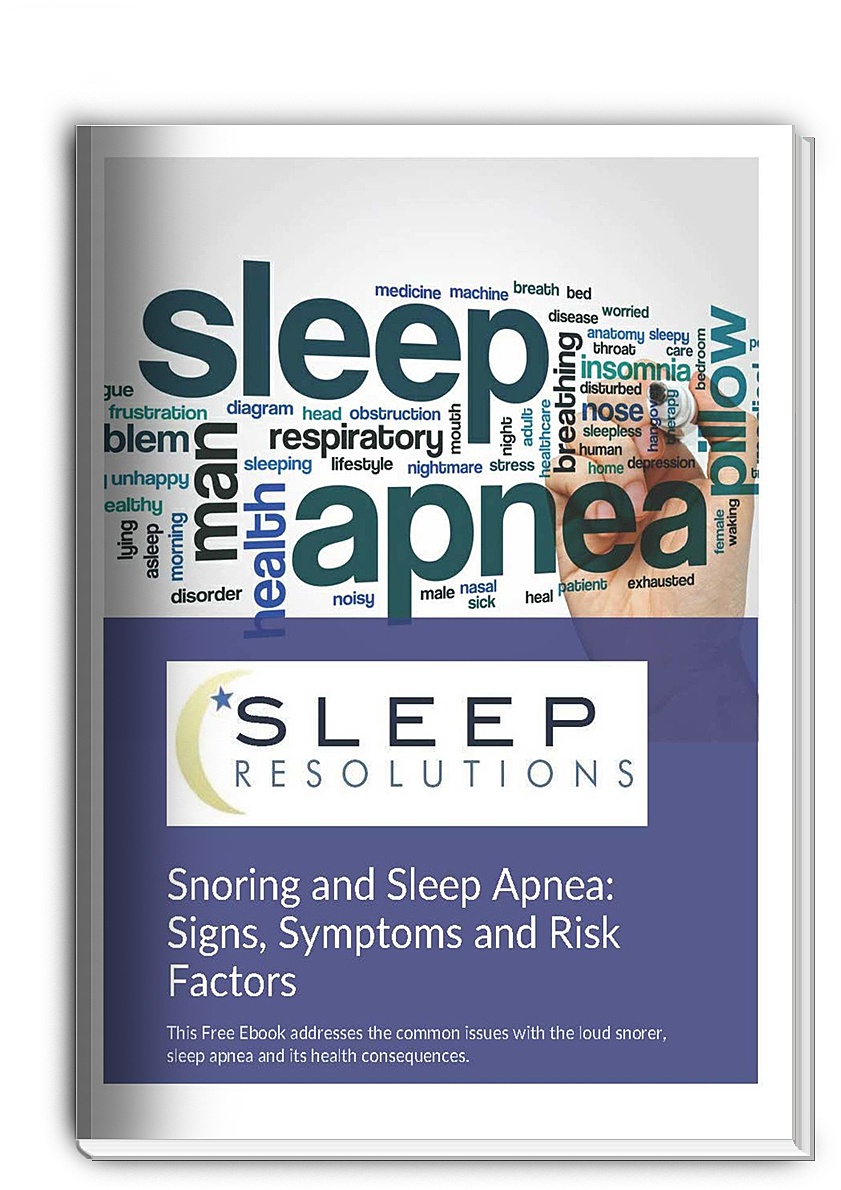

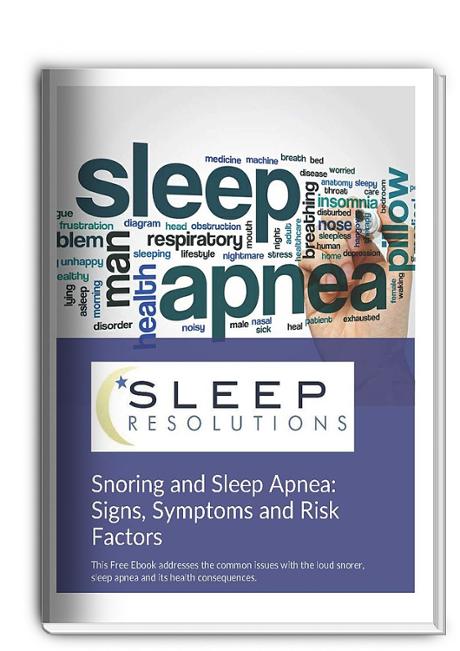

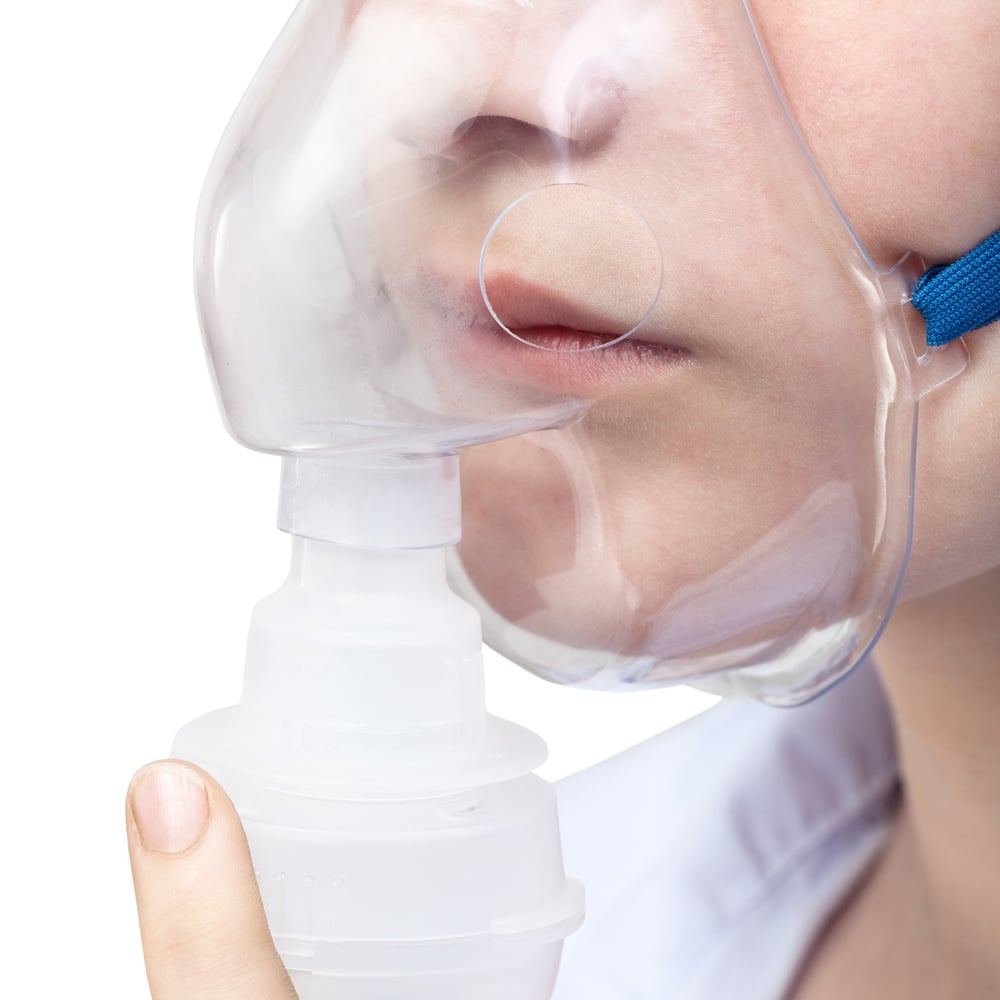


Leave a comment